Details
This stunning collection of wildlife photographs was taken and generously donated by Rwanda based photographer, Will Wilson. Not just a photographer but a fantastic fundraiser, Will recently conquered an incredible 9845km virtual journey, to cycle, walk and row the distance from Kigali, Rwanda, to UCLH. Will raised £2460 for UCLH cancer services to thank the team who treated his wife, Anna, for breast cancer. Post challenge, he has kindly agreed to display these prints across UCLH, and donated them for raffle to raise even move money!
After a career in the British military, Will moved to Rwanda in early 2021, where he pursued his passion for wildlife photography. Will has immersed himself in Rwanda’s wildlife, particularly birds, with 250 plus species found in the Kigali area and over 710 species that can be found across the country. The prize descriptions below give some insight into the awe-inspiring array of wildlife to be found, as well as Will's narrative of the work. Find out more about Will's work at https://2wsphotography.com/about/.
All proceeds from this raffle will go to UCLH Cancer Fund, directly supporting cancer services at University College London Hospitals. Help us to fund training for staff, essential medical equipment, cutting-edge research projects, and comfort for patients.
There are 17 beautiful prints to be won:
- All prints are 20 x 30cm
- All photographs are mounted and framed
- Full colour C - Type Fuji Gloss print
- Signed descriptions from Will Wilson to be included
Please note that all prizes are of equal value, the 'rankings' below are generated by the system, and all will be allocated randomly.
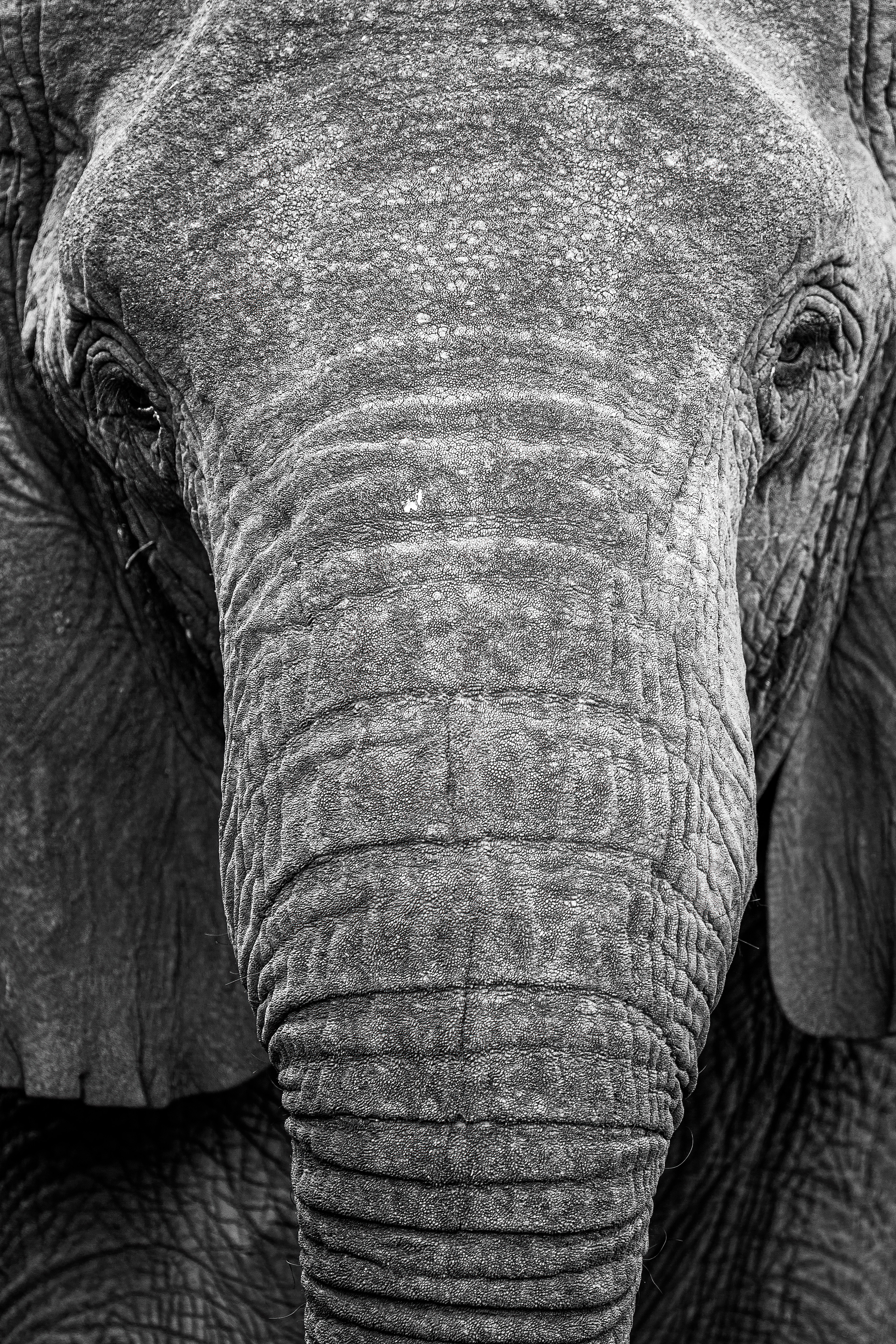 1st Prize
The MatriarchMore than 100 African savannah elephants make up Akagera National Park’s two main herds. Elephants are matriarchal – each herd is led by an elder female. This is the southern herd’s matriarch. Photographed near the southern plains of Akagera National Park, Rwanda.
|
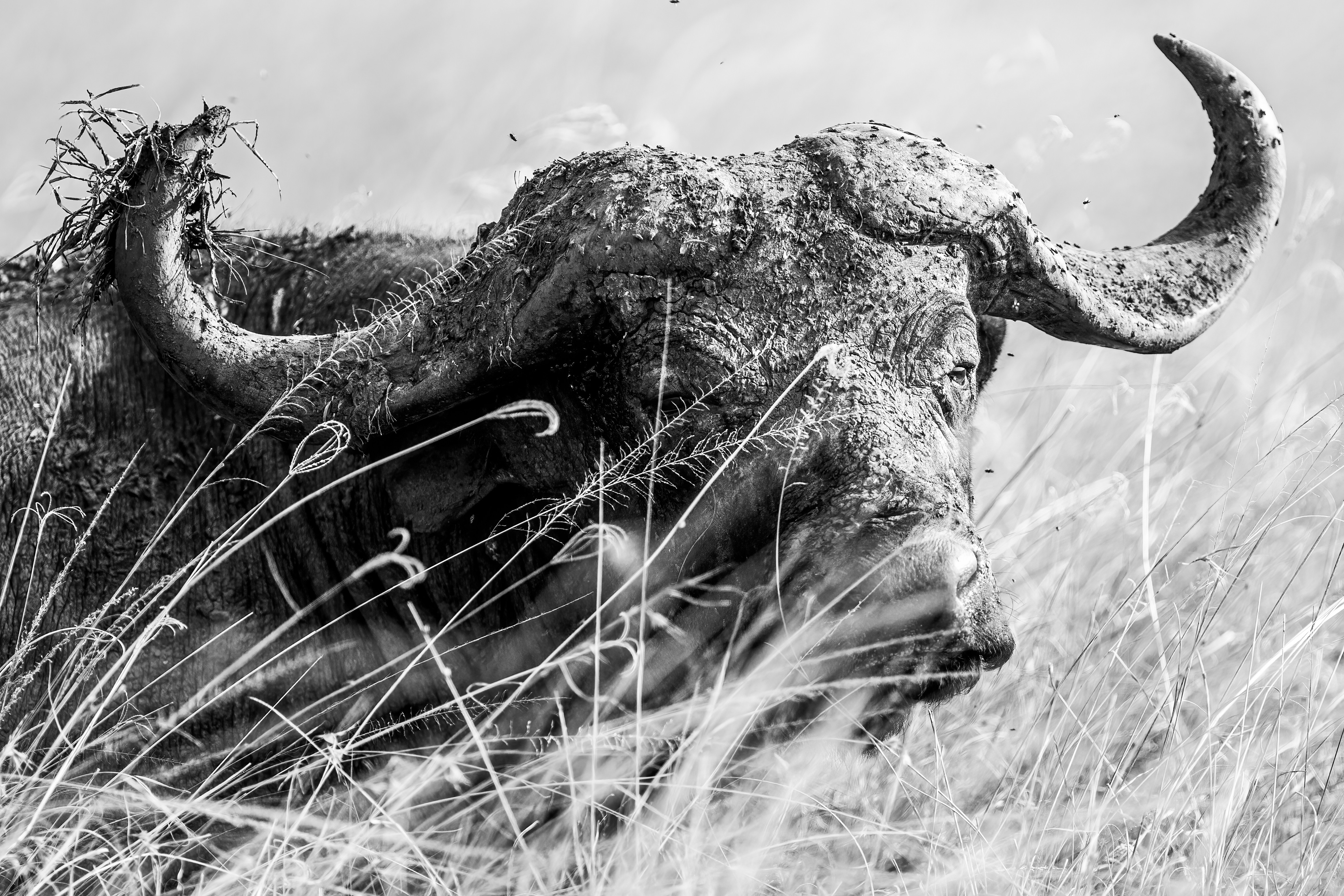 2nd Prize
The African BuffaloAfrican buffaloes are large, heavy cow-like animals. They vary greatly not only in size but in the shapes of their horns and their colouring. Both males and females have heavy, ridged horns that grow straight out from the head or curve downward and then up. The horns are formidable weapons against predators and are used when jostling for space within the herd; males use the horns in fights for dominance. Photographed on the southern plains of Akagera National Park, Rwanda.
|
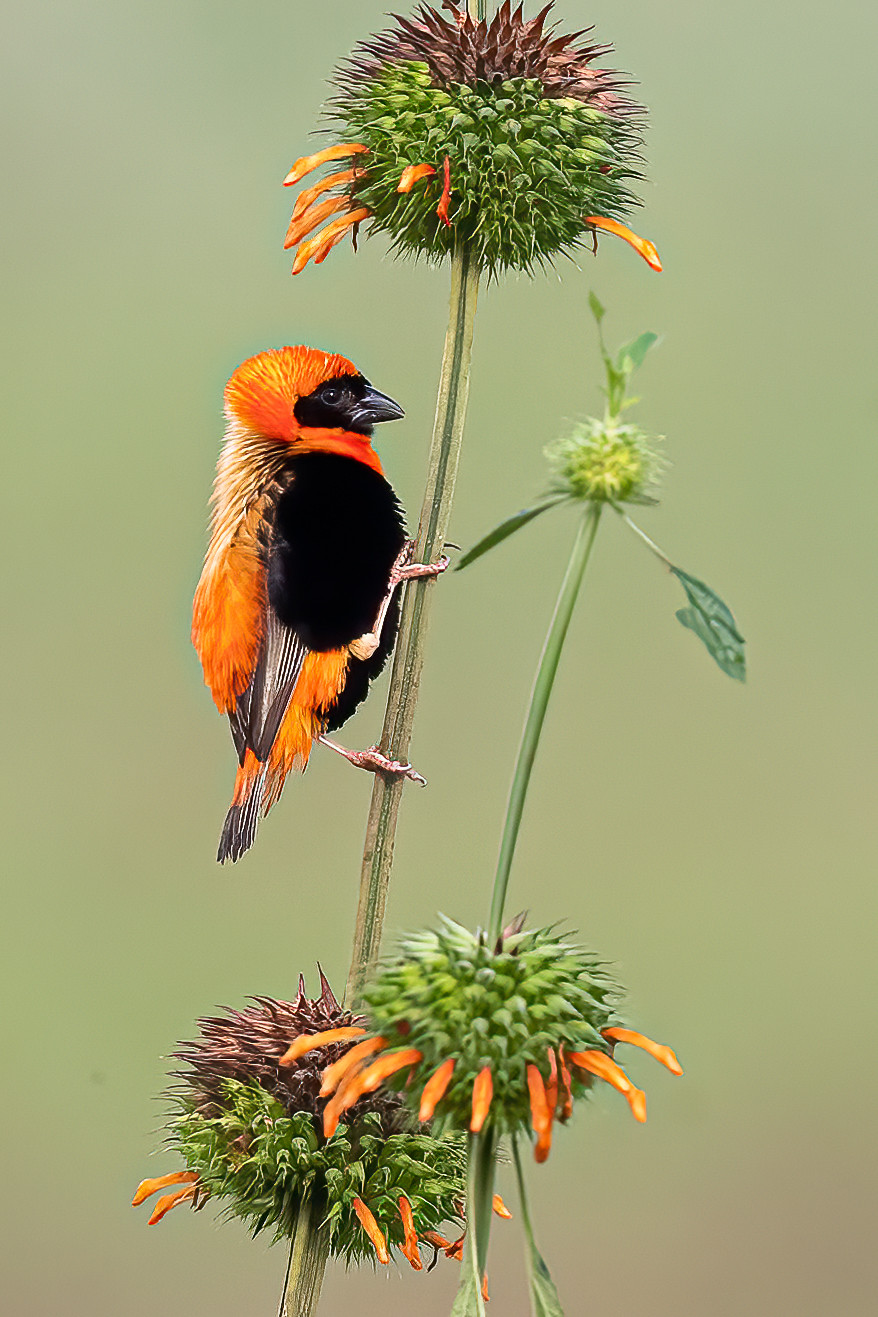 3rd Prize
Breeding Male Southern BishopNormally this bird has a more subdued plumage of browns, beige and soft yellow. However, prior to the breeding season starting it moults to become this bright red, orange and black masterpiece. Common across wetlands and grasslands in Rwanda, photographed at Masaka Wetland, on the eastern outskirts of Kigali, Rwanda.
|
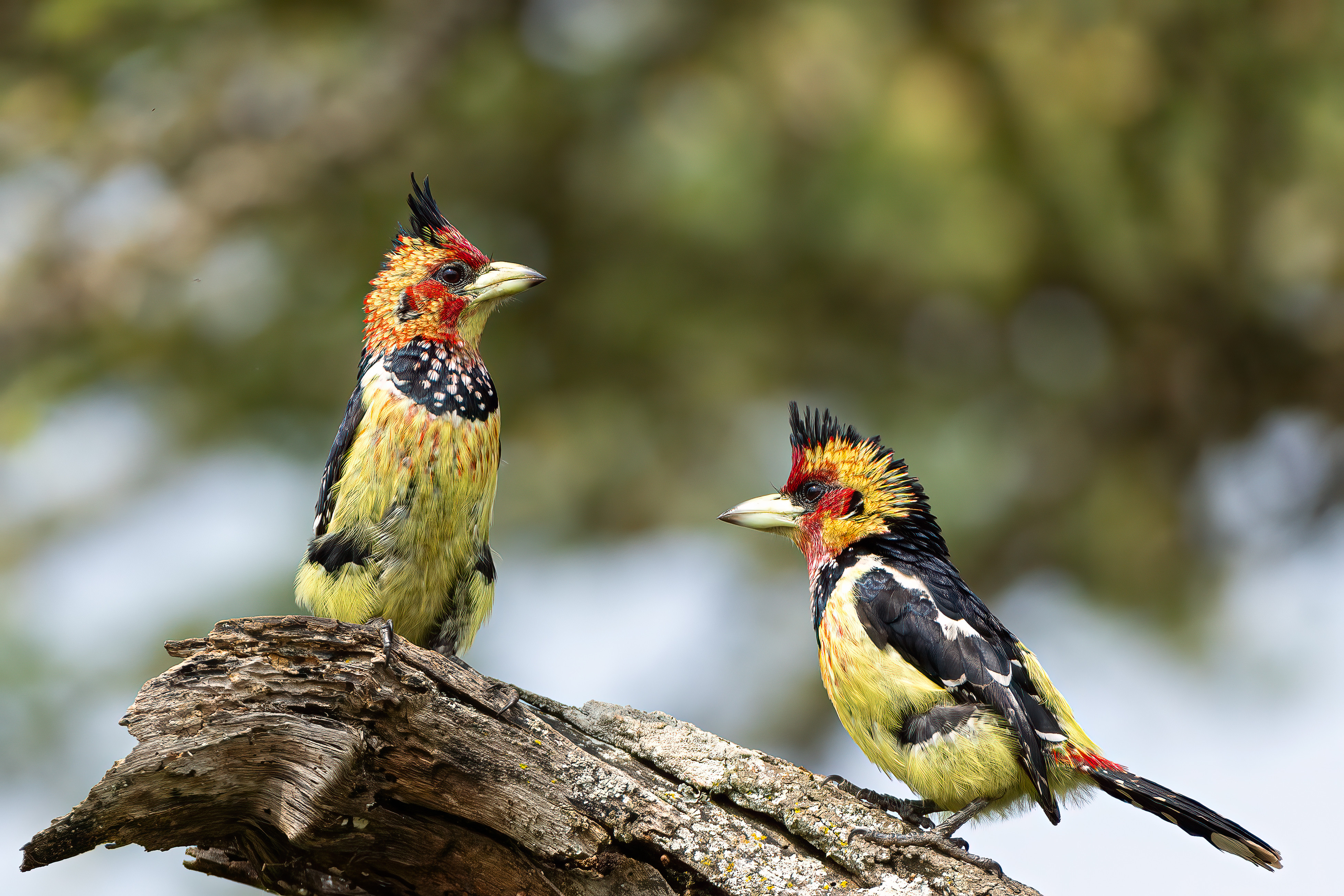 4th Prize
Crested BarbetsThese stunning birds are a breeding pair I was lucky to find during courtship. I watched as the male (on the right) presented food to the female, He also kept moving close to her and touch her bill with his bill. I was also able to watch and hear them duet together. Photographed in Akagera National Park, Rwanda.
|
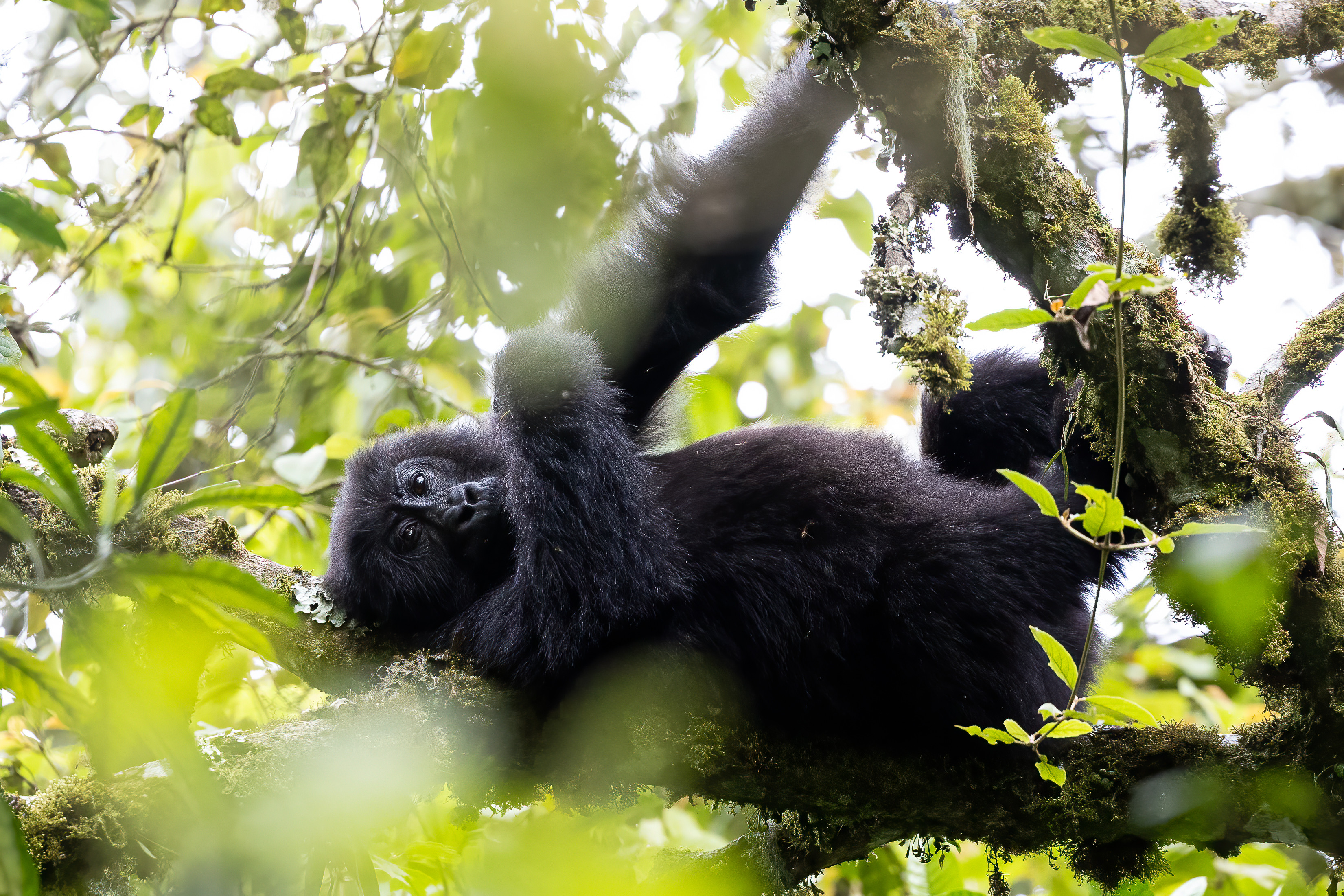 5th Prize
The Grauer’s GorillaWhilst documenting the work of the Gorilla Doctors I travelled to eastern DRC to photograph the work of their team focused on the health of the Eastern Lowland or Grauer’s Gorilla. They are the largest of all gorilla species and are critically endangered. It was amazing to see these majestic animals in their natural habitat. Photographed in Kahuzi Biega National Park, DRC.
|
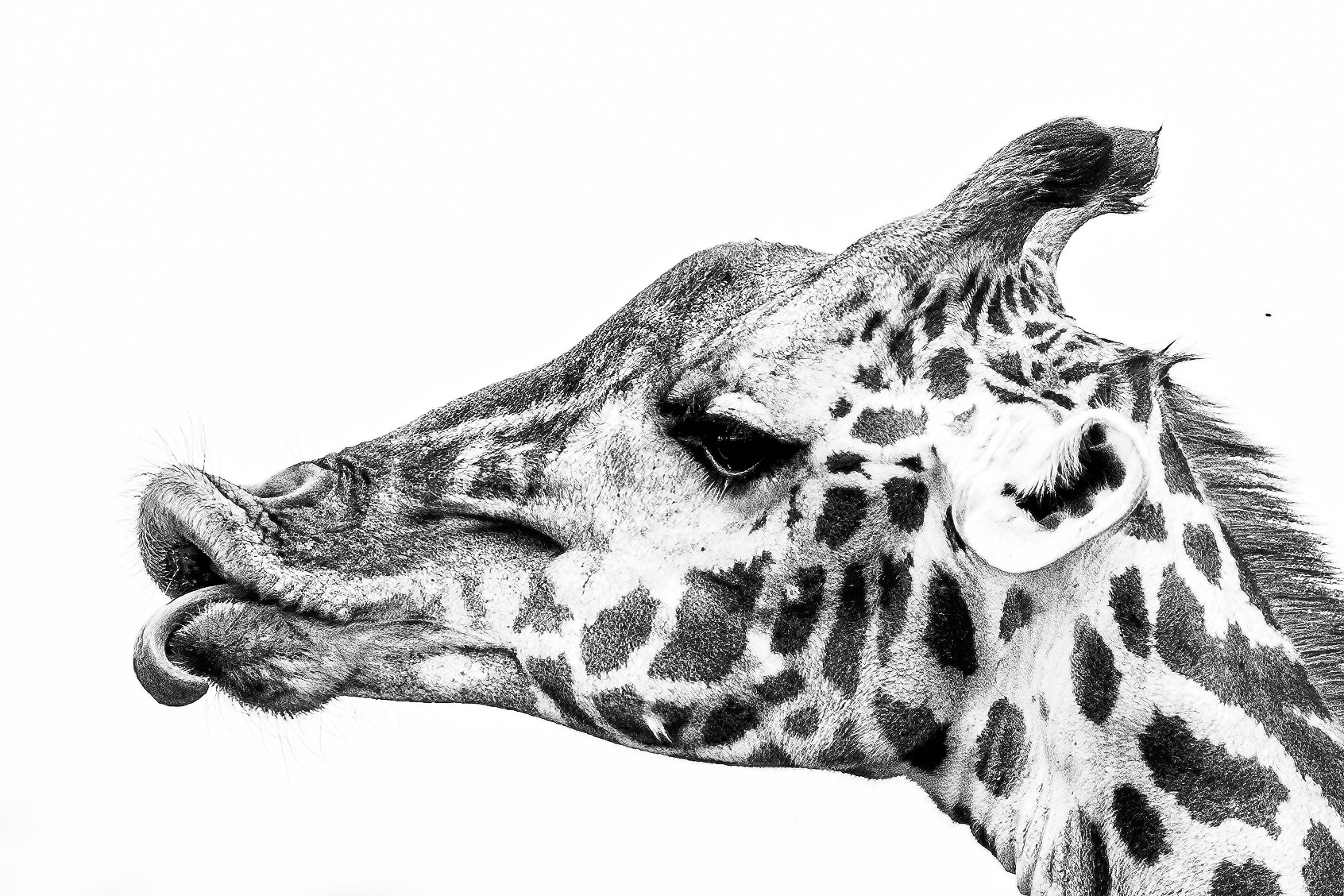 6th Prize
The GiraffeA giraffe tongue is about 18–20 inches long. Giraffes use their long tongues as a tool to eat leaves, branches, and twigs. Giraffe tongues are often deep blue-black or bluish-purple in hue. This portrait was created on the northern plains of Akagera National Park in Rwanda.
|
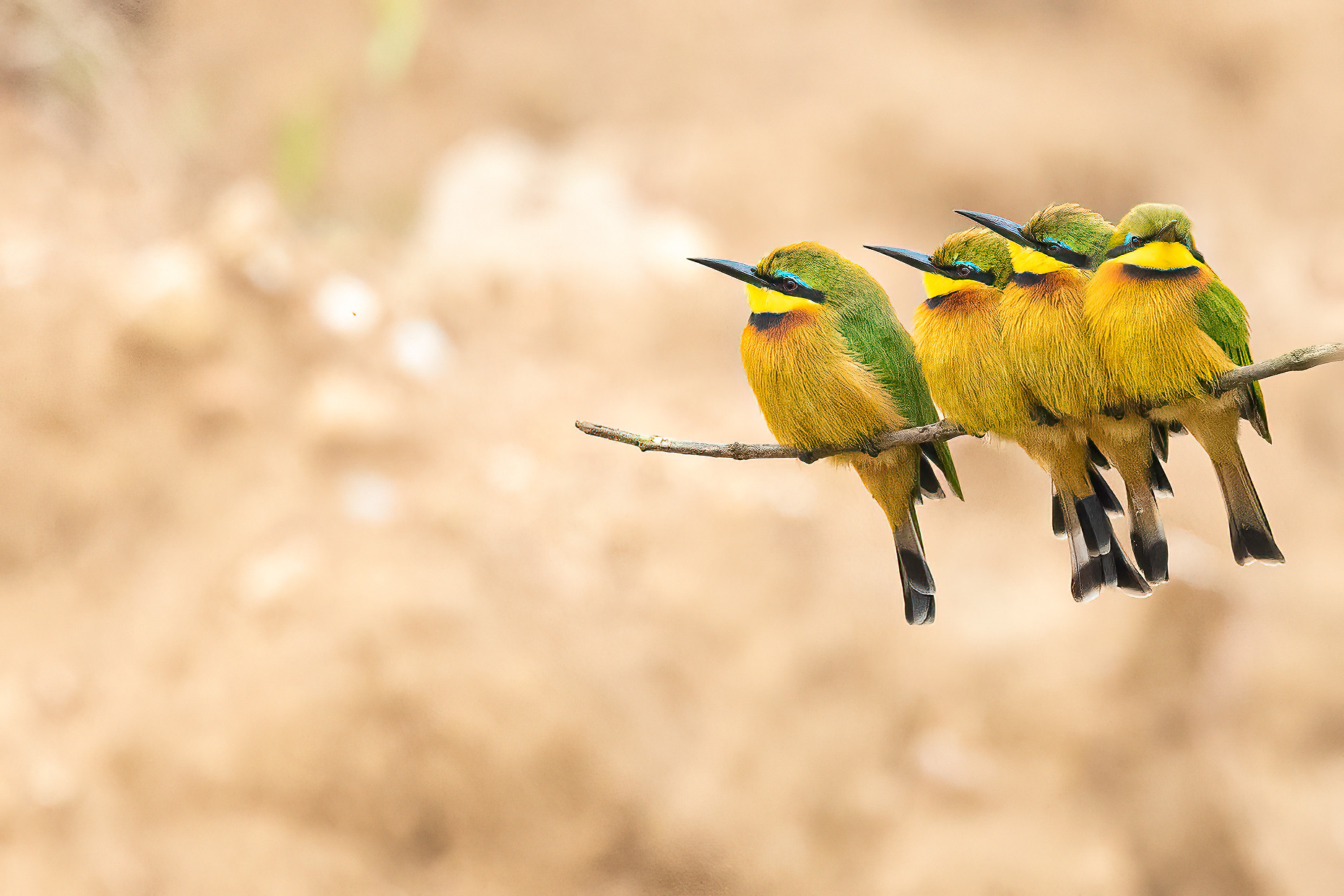 7th Prize
The HuddleLittle Bee-eaters, are the smallest members of the bee-eater family of birds. This huddle is comprised of young siblings that have recently fledged their nest cavity (a chamber excavated from a bank of sand or earth) and are waiting for their parents to bring them food. Whilst waiting they will watch for flying insects to pass and try their best to catch prey items on their own – often not they are not as successful as their parents yet! Photographed on edge of a fairway at the Kigali Golf Resort and Villas.
|
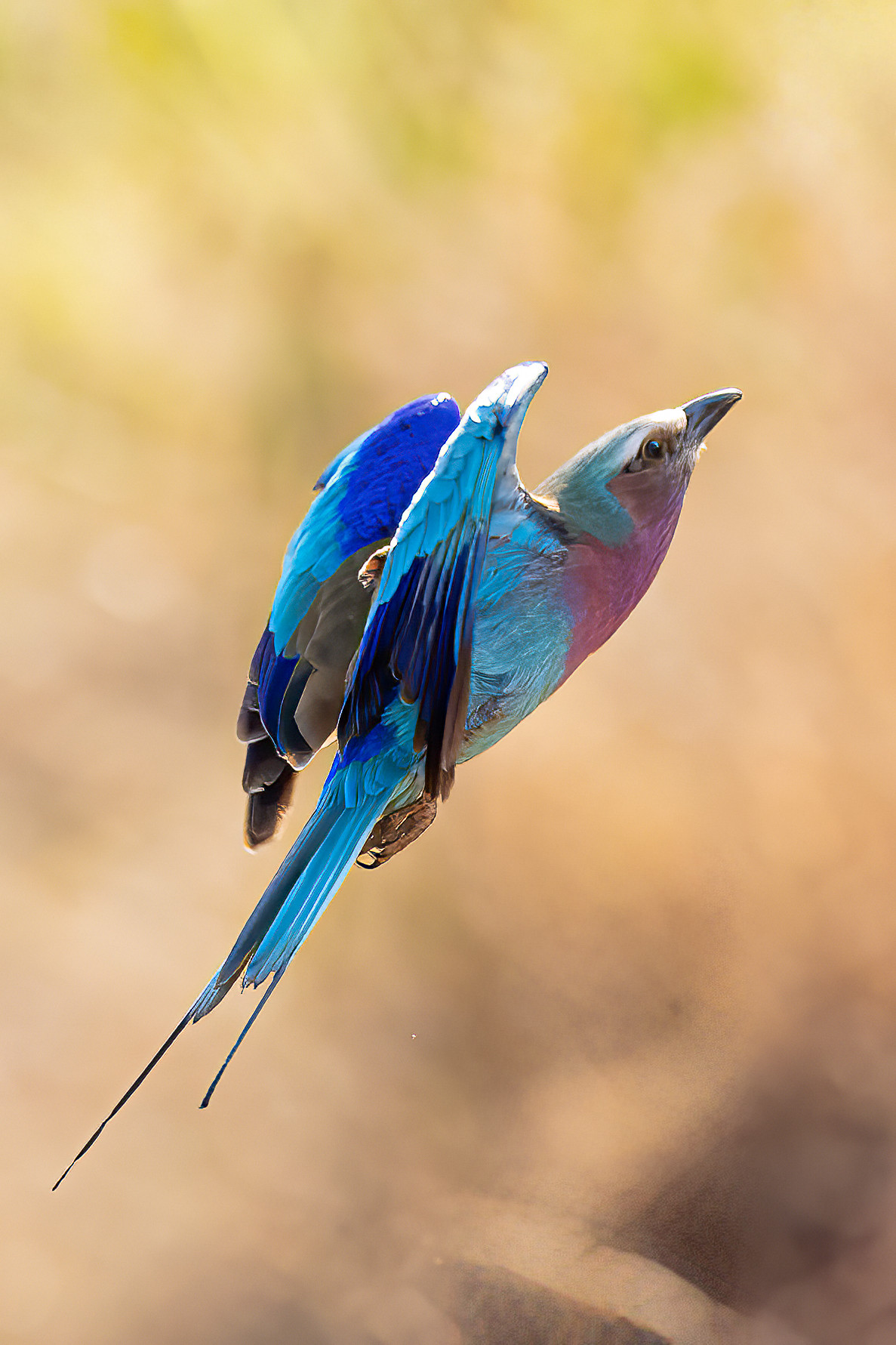 8th Prize
The Lilac-breasted RollerThese strikingly beautiful birds get their name from their aerial courtship displays. Adult male and females look alike, juveniles however lack the two longer tail feathers, known as streamers. Photographed in Akagera National Park, Rwanda.
|
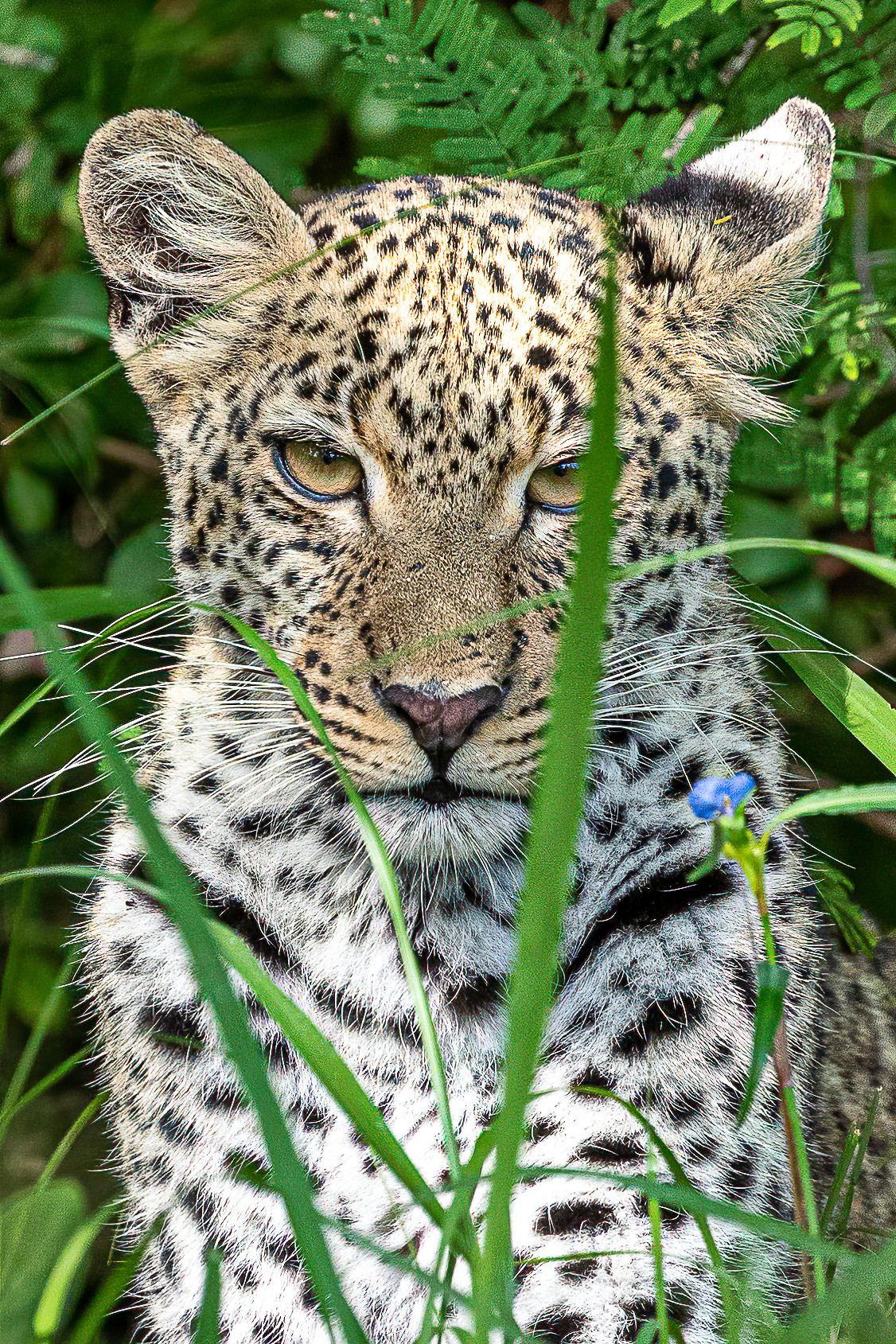 9th Prize
The Leopard CubLeopards on the whole are solitary and often elusive. It was a complete surprise to find this cub on the edge of a track I was driving on safari. II thought I would only get a glimpse as it saw the car and moved off into the bush. I slowly drove up the track scanning the bushes and there it was! I stopped and it just sat and watched me create this photograph before moving off into the denser bush and out of sight. Photographed in Akagera National Park, Rwanda.
|
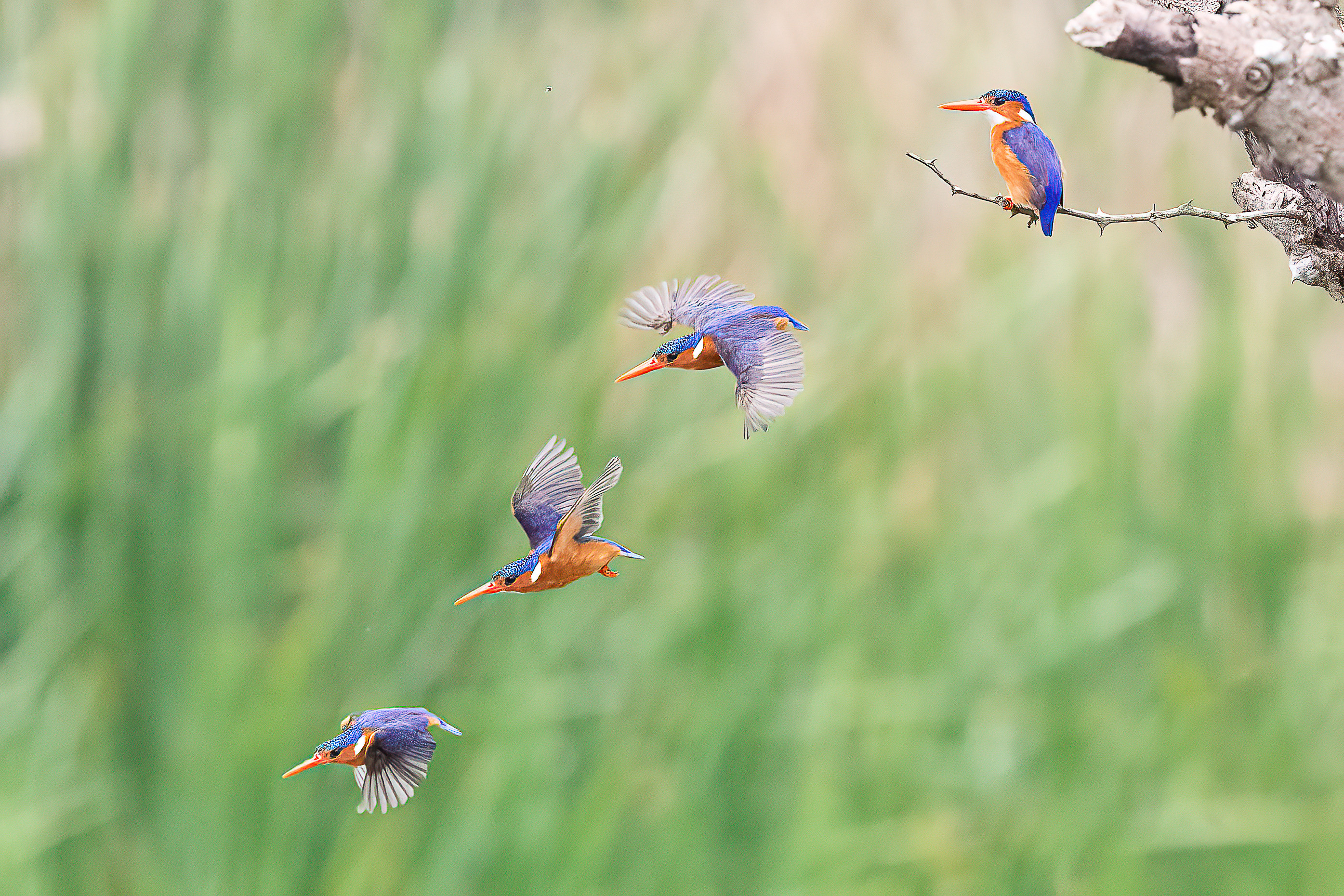 10th Prize
Malachite King Fisher compositeThe Malachite Kingfisher is a small gem-like kingfisher which inhabits freshwater systems across sub-Saharan Africa. This image consists of four photographs taken of the same bird and merged together in post processing to show its flight path. Photographed at Nyandungu Eco-Park, Kigali, Rwanda.
|
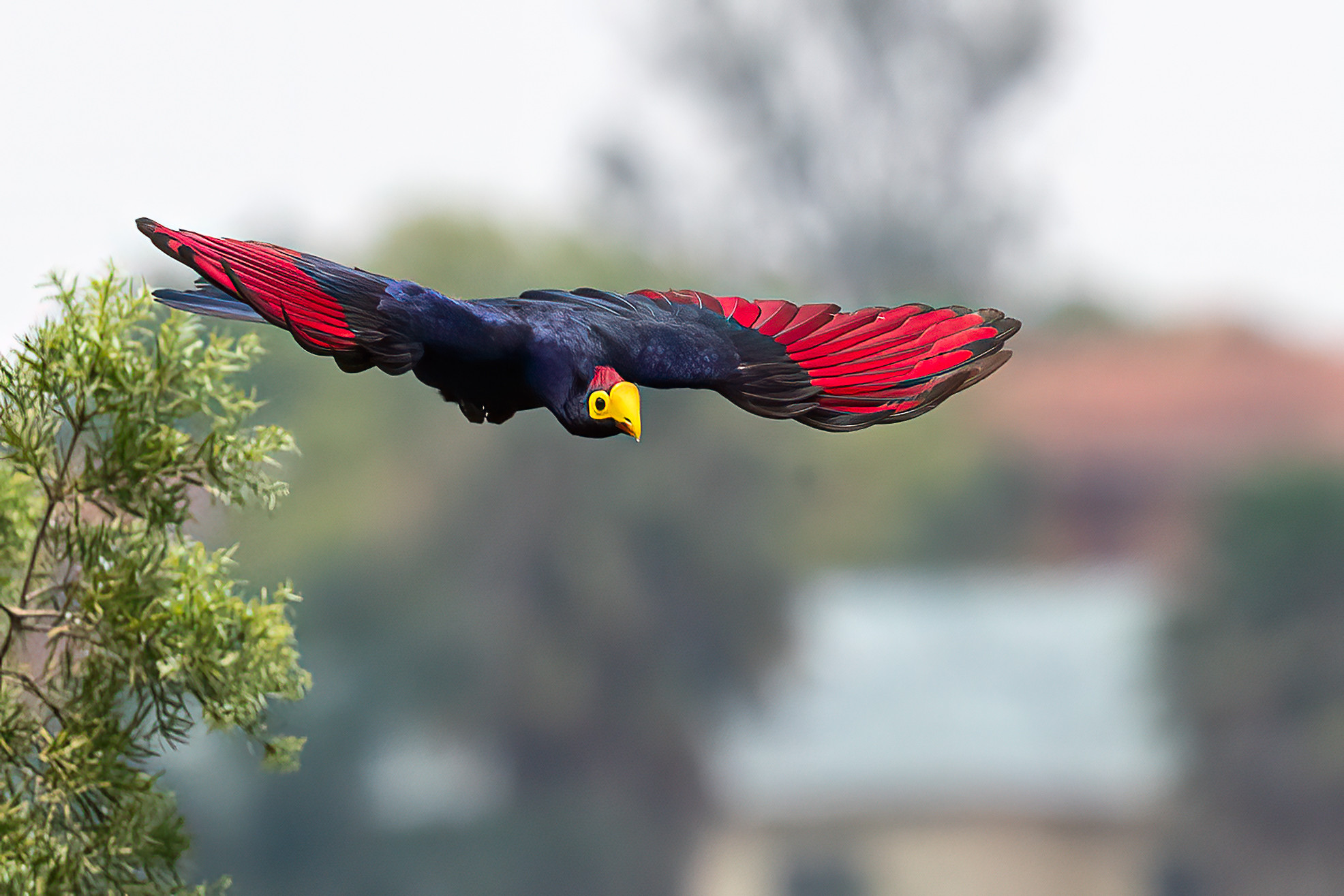 11th Prize
The Ross’s TuracoThese awesome looking birds are primarily fruit eaters and so can often be found in gardens across Kigali when the mango and avocado trees are fruiting. My young daughter calls them the primary colour birds! I photographed this turaco from the balcony of my house in Kigali, Rwanda.
|
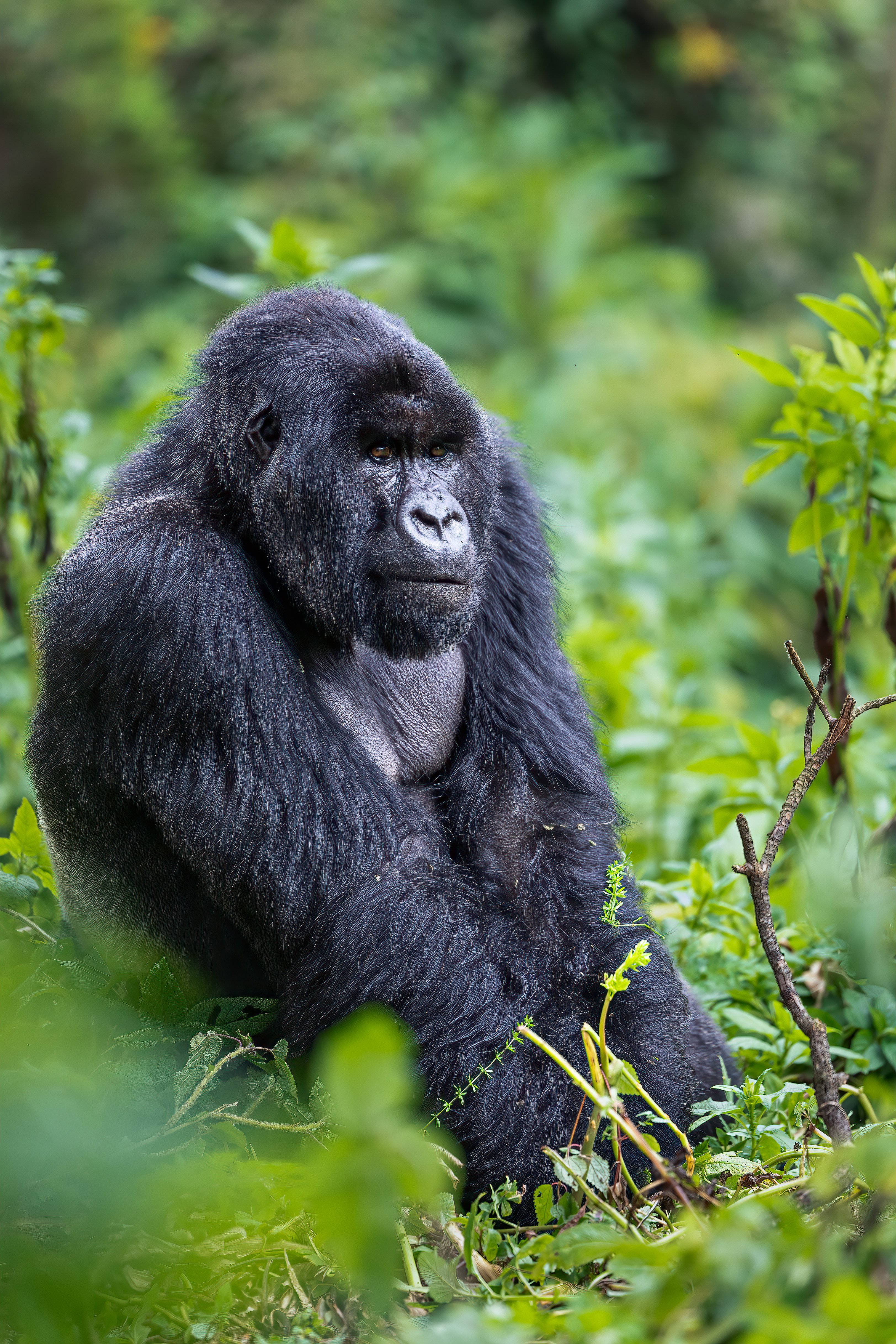 12th Prize
The SilverbackMountain Gorillas live in family groups, and each group is led by a dominant male – the Silverback. Leadership can be lonely job, and I wanted that to come across in this portrait of a solitary yet thoughtful silverback. Photographed in Volcanoes National Park, Rwanda
|
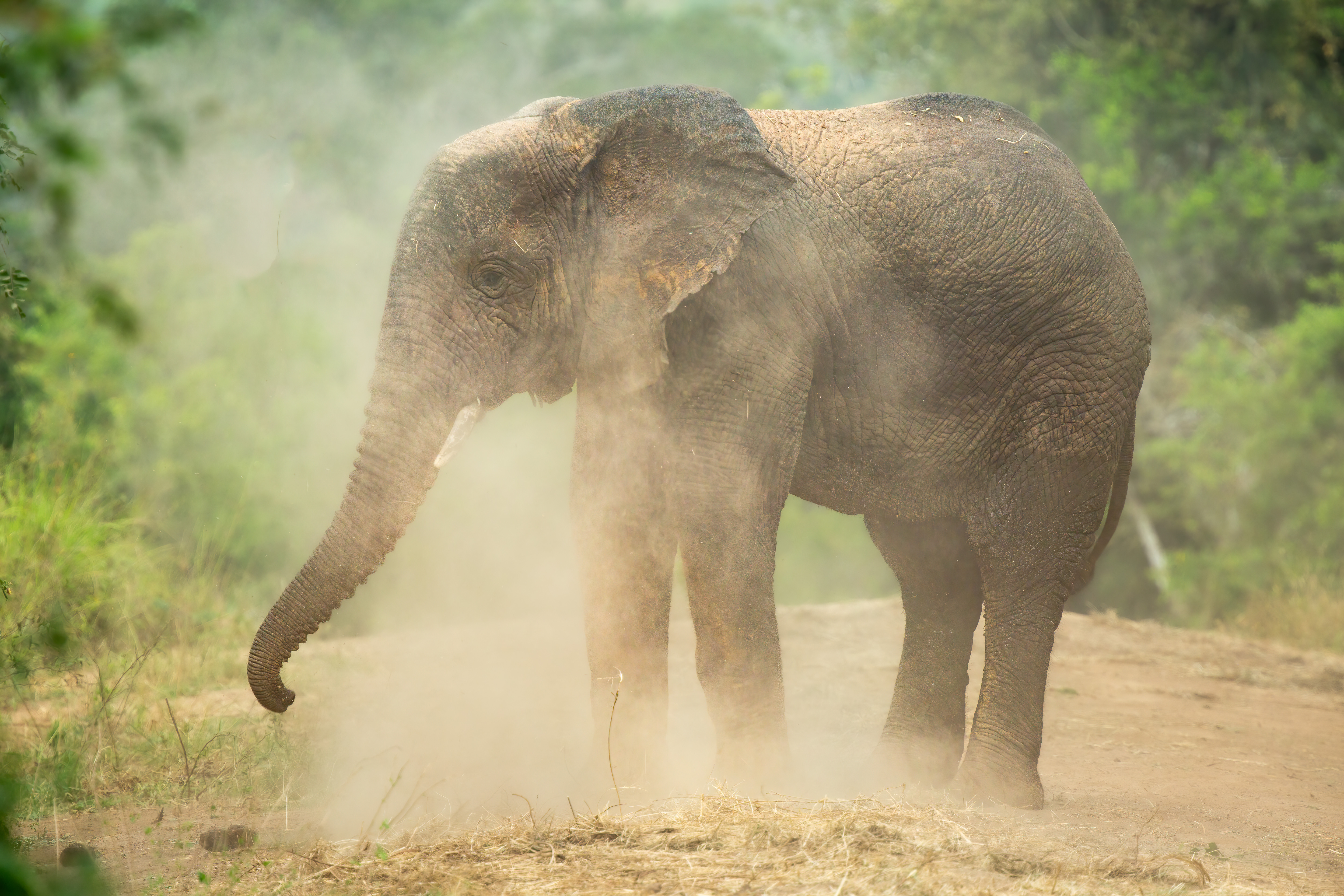 13th Prize
The Dust BathLiving in wild can be hard on the skin, so adult elephants will regularly take dust baths to regulate their temperature, protect against insect bites and also protect against the harsh sunlight. Young elephants, like this one will also do it for fun! Photographed in Akagera National Park, Rwanda.
|
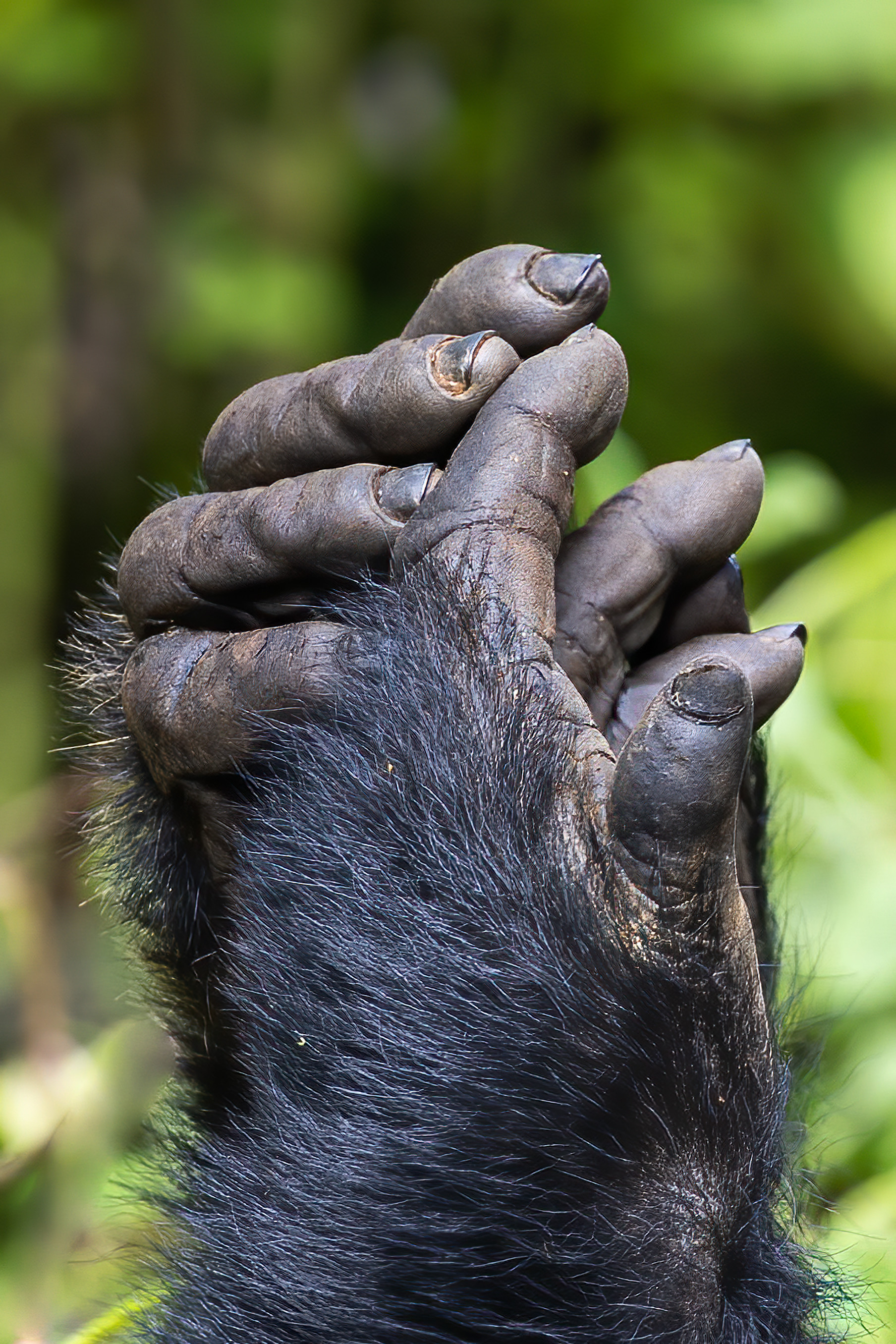 14th Prize
The hands of a Mountain Gorilla |
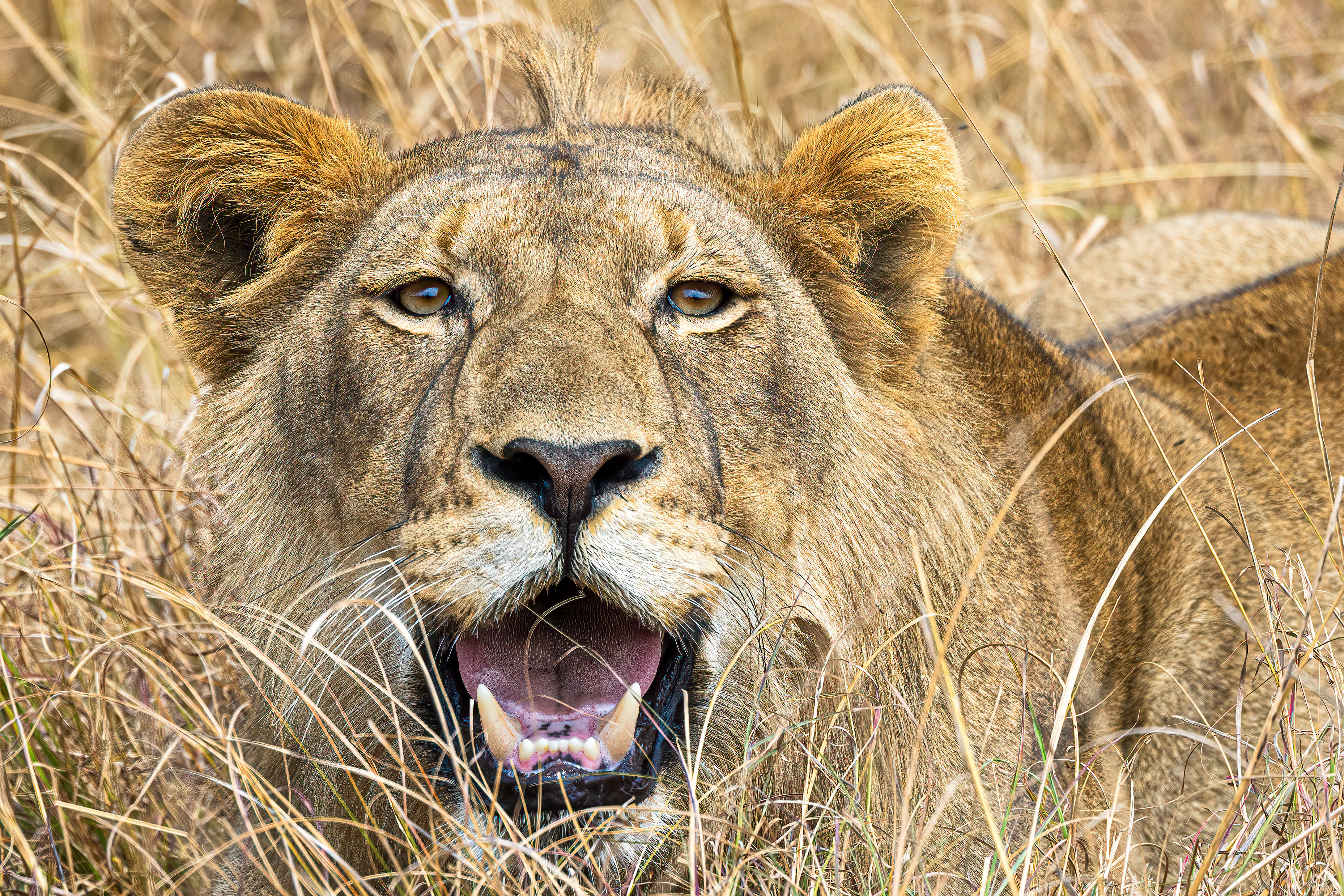 15th Prize
The young Lion KingThe long grass found on the edges of a savannah enable lions to blend in with their surroundings whilst they lie and wait for their prey to arrive. Photographed on the northern plains of Akagera National Park, Rwanda. The Hands of a Mountain Gorilla While living in Rwanda I have had the privilege of working with Gorilla Doctors, the wildlife veterinarians responsible for the health of the Mountain Gorillas in Rwanda, Uganda and eastern DRC. Each time I visit these awesome animals I am struck by how similar we are to them, both physically and their mannerisms. The aim of this photograph was to highlight those similarities. Photographed in Volcanoes National Park, Rwanda.
|
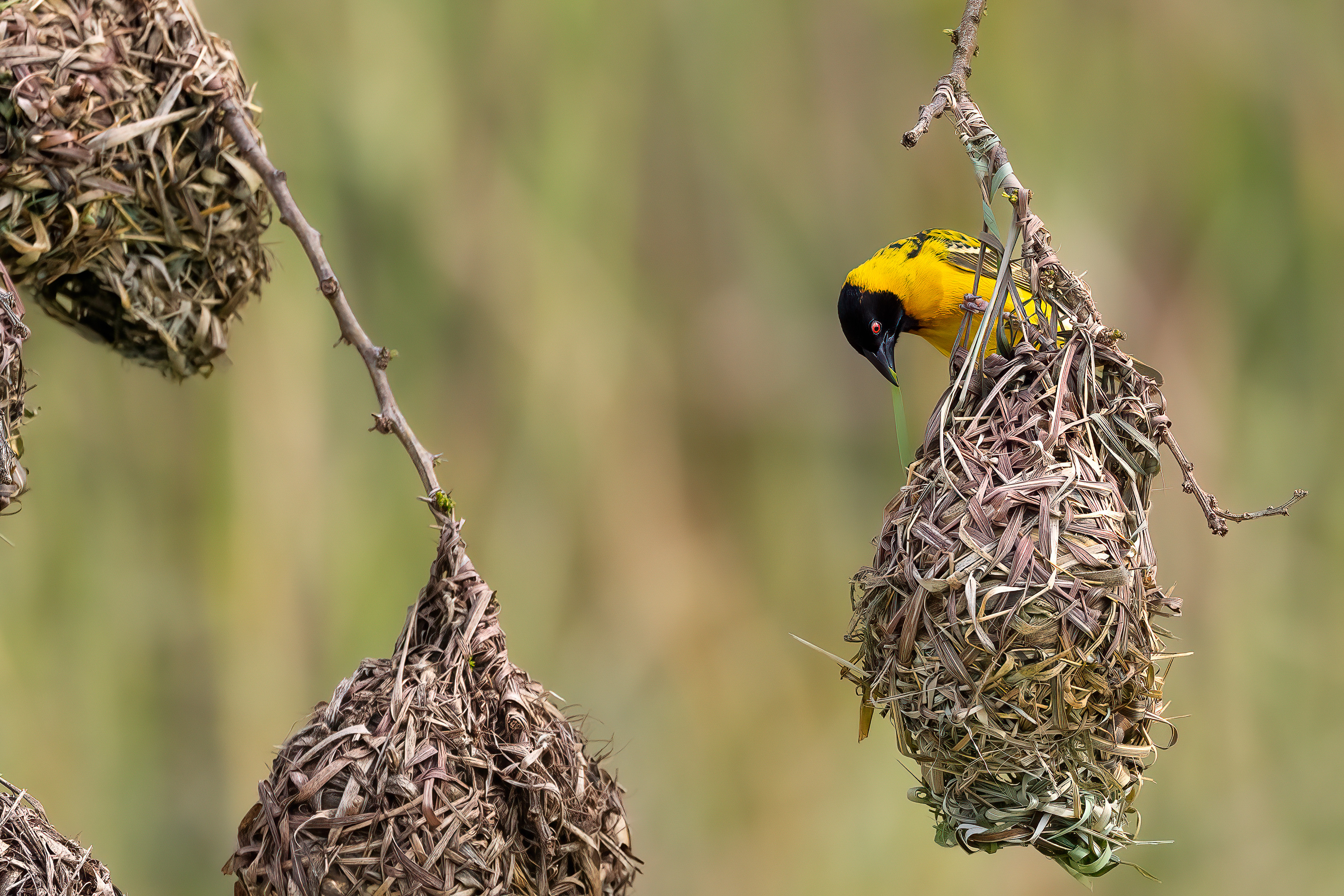 16th Prize
Village WeaverThe Village Weaver is one of nineteen different species of weaver that live in Rwanda. They are a common sight across Rwanda because it is a bird that builds its nests in trees near to human habitations. They breed in large colonies, some colonies have more than 100 nests. The male will weave multiple nests during a breeding season to attract a mate. Each nest takes about 12-15 hours to construct. When a female arrives, the males hang and display under their nests by noisily fluttering their wings and making small display flights. Each male can have up to five mates at once, and a single male Village Weaver can have up to 20 mates in one breeding season. Photographed at Nyandungu Eco-Park in Kigali, Rwanda.
|
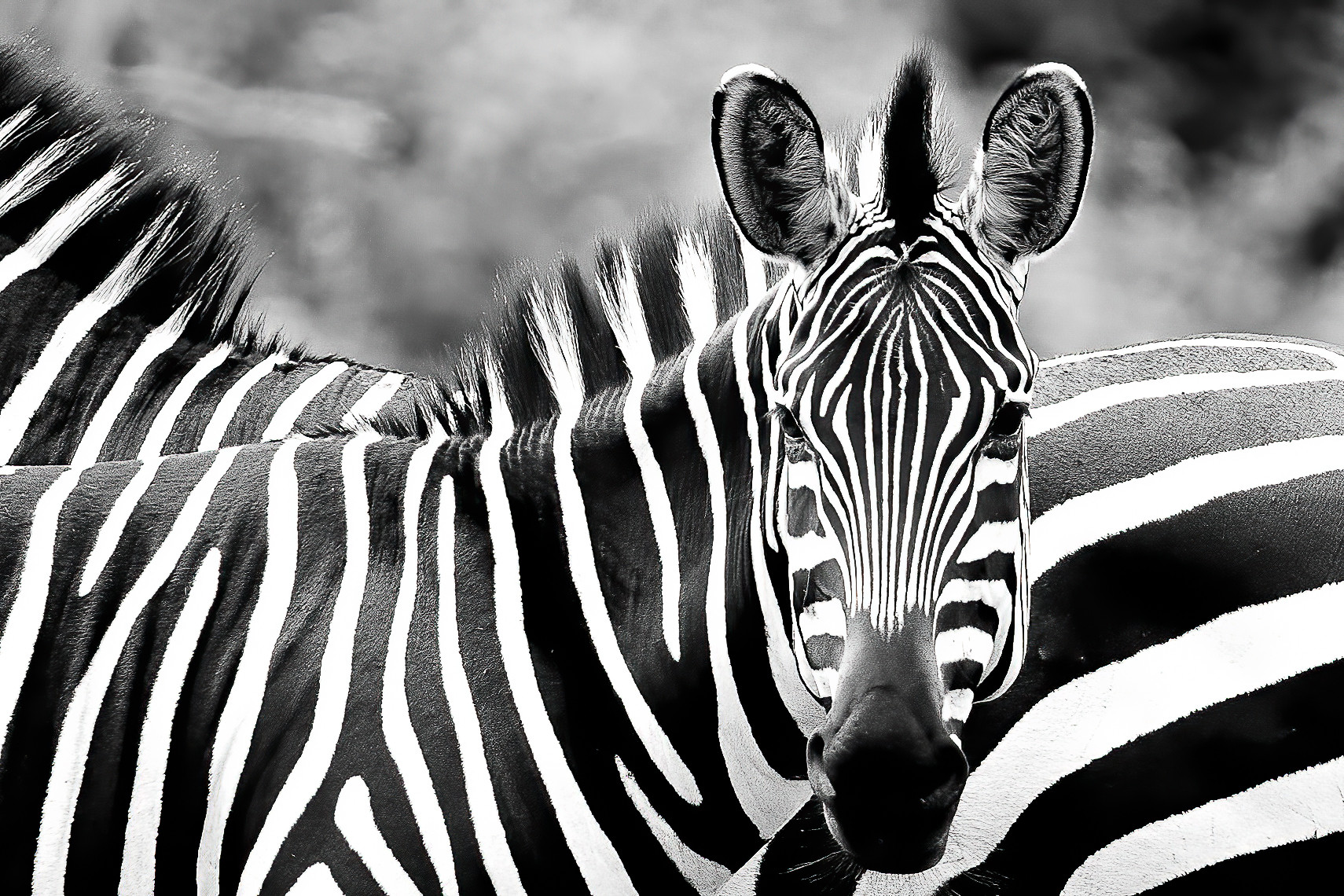 17th Prize
ZebrasThe stripes of a zebra are unique to each individual, much like our finger prints. They are also highly social, grouping together in large groups. The collective noun for a group of Zebras is a dazzle! Photographed in Akagera National Park, Rwanda.
|
Terms and conditions of Prize Competition participation:
The Terms and Conditions shall be governed by English law, and all parties are deemed to submit to the exclusive jurisdiction of the courts of England and Wales. The Terms and Conditions assume that you have acted like a prudent individual. If you choose to participate in this competition without taking normal precautions, you do so at your own risk. UCLH Charity does not offer any competitions in any jurisdiction where such an offer or solicitation is unlawful or would impose any unfulfilled registration, qualification, publication, or approval requirements. It is your responsibility to ensure that you are not located in a jurisdiction where it is not unlawful for you to enter or participate in such competitions.
1. By purchasing an entry you agree to these terms and conditions. Any participation instructions form part of these terms and conditions. Any entry not complying with these terms and conditions will be invalid. UCLH Charity's decisions pursuant to these terms and conditions shall be final and binding.
2. UCLH Charity operate prize competitions that are free from regulation under the Gambling Act 2005
3. Although the term ‘raffle’ is often referred to on our website, this is for marketing and SEO purposes only and due to the fact that each entrant is required to answer a question or puzzle upon entering, all competitions hosted on our platform are therefore legally considered ‘Prize Competitions’ and not raffles;
4. For further information about the laws and regulations on raffles and prize competitions, please visit www.gamblingcommission.gov.uk
5. You represent and agree that:
a. You are 18 years of age or over.
b. You will not buy or purport to buy an entry in this raffle on behalf of anybody under the age of 18.
c. You will provide accurate entry information, including your name and personal address.
You will pay with a Debit Card.
6. You agree that you shall not be entitled to receive any prize if you are unable to substantiate to UCLH Charity your representations under paragraph 5.
Entering a competition is not dependant on answering the entry-question correctly and tickets are issued no matter which answer was selected by you. However under the rules set by the Gambling Commission in relation to the Gambling Act 2005, only tickets that contain the correct answer to the Competition Entry Question will be entered into the final draw for the relevant competition.
8. Entry costs £2.50 per play, payable in advance. Entries may not be sold to or by anyone under 18 years of age. Each ticket represents one entry only. In order to enter a ‘pay to enter’ competition, each entrant must:
a. Submit their answer to the respective Competition Entry Question (each competition has a different Competition Entry Question which will be a test of your skill or knowledge);
b. Pay for the number of tickets they wish to purchase using credit/debit card.
9. UCLH Charity may (without giving any reason or notice, at its absolute discretion) terminate or suspend the raffle.
10. The UCLH Charity "Cancer Fund Raffle" prize competition draw will be conducted on 07 Aug 2024 at 15:30:00, or if this is not possible, on the next working day. Each ticket that contains the correct answer to the respective question or puzzle is entered into the draw with the winner selected at random by a Random Number Generator that has been tested and approved by an independent, third party test house. The results of the draw are final.
11. All participants will be notified once the draw has been made and will be able to check the results in their "My Account" area of this website. The winner(s) will also be notified as soon as possible after the draw. A list of winning ticket numbers will be made available within 7 days of the draw, unless there are delays in contacting the winners, in which case the list will be made available as soon as the winners' names are finalised. There are no alternatives to any prize except where stated and no interest is payable.
12. UCLH Charity reserves the right to substitute a prize for a prize of equivalent or greater value, or at its sole discretion, the cash value of a prize, if this is necessary for reasons beyond UCLH Charity’s control. No cash prizes are provided as an alternative.
13. Money raised by this raffle will support the programme work of UCLH Charity, registered charity number 1165398.
14. Any ticket entries received after the closing date may miss entry into the draw and therefore will be considered as a donation to UCLH Charity.
15. Prizes will be allocated in order of the tickets being drawn from the first prize down to the last one.
16. Where UCLH Charity is unable to contact a prize winner so that a prize remains unclaimed for six months following the first attempt to notify the prize winner, UCLH Charity may apply the prize as it sees fit, including re-offering the prize in future raffles.
17. Prizes cannot be exchanged for money.
18. UCLH Charity would like you to gamble responsibly.
19. If you feel you have a problem with gambling, visit www.begambleaware.org or call the National Gambling Helpline on 0808 8020 133.
